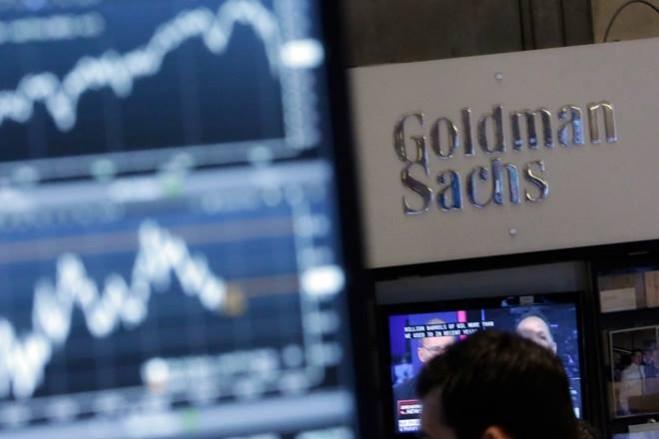
Only stringent measures, including structural reforms, can ease the impact of the current economic crisis which could be worse for the country than the 2008 global recession because of several compounding factors, an economist says.
Though Finance Minister Nirmala Sitharaman has identified liquidity issues because of the failure of several non-banking finance companies (NBFC) as the major factor behind the slump, an economist of Wall Street brokerage firm Goldman Sachs says more worrying is the consumption front.
The consumption slump, a major challenge afflicting the economy, cannot be attributed to the NBFC crisis as it predates the first default by infra lender IL&FS, says Prachi Mishra, chief economist at Goldman Sachs, which has also slashed Indian growth forecast to six percent with a downward bias.
Many people attribute the deepening slowdown in consumption to the NBFC crisis that began in September 2018 when IL&FS went belly up, a PTI report cited Mishra as saying. People attribute the fall in consumption financing, which is mainly through the shadow banks, to the NBFC crisis. Mishra believes consumption has been falling since January 2018, much before the end of August 2018 default by IL&FS which triggered the liquidity crisis for NBFCs.
The fall in consumption is responsible for a third of the total dip in overall growth, aggravated by the slowing down the global economy and overseas funding constraints, according to the expert. "There is a slowdown and the growth numbers have fallen by 2 percentage points," Mishra said, speaking at an event.
![A consumption slump began long back the liquidity crunch caused by failing non banking financial companies, according to Goldman and Sachs [Representational Image]. India industry](https://data1.ibtimes.co.in/en/full/629754/india-industry.jpg?h=450&l=50&t=40)
However, she expects growth to tick up in the second half of the current financial year, courtesy the easy money policy of the Reserve Bank of India (RBI) which has slashed the key policy rates a record five times or by 135 basis points to a decadal low of 5.15 percent since February.
The massive tax giveaways to the corporate sector and other key measures could also cause an improvement in the sentiment, the economist says. Although investments and exports had been sliding for a long time, the steep consumption slump was the real pain point for the economy, Mishra said.
Mishra sought to differentiate the present slowdown from growth headwinds like demonetization and confusion over the Goods and Services Tax (GST) implementation. "The present slowdown is protracted and has lasted for over 20 months now," Mishra said.
Mishra has based the assessment on the growth statistics that the expansion rate has slowed down to a six-year low of 5 percent in the June quarter, triggering a downward revision of growth estimates to the tune of 70-110 basis points.
The RBI now expects the economy to expand by 6.1 percent and also by multilateral agencies like International Monetary Fund (IMF) and the World Bank, a Business Standard report said. The Indian slowdown is exacerbated by the overall global situation that has pushed up the cost of capital because of the uncertainties of the US-China trade wars and Brexit delay.
The brokerage's financial analysts apportioned 40 percent of the overall economic pain to the slump in global trade, about 30 percent to consumption slowdown and the rest to severe funding constraints.














